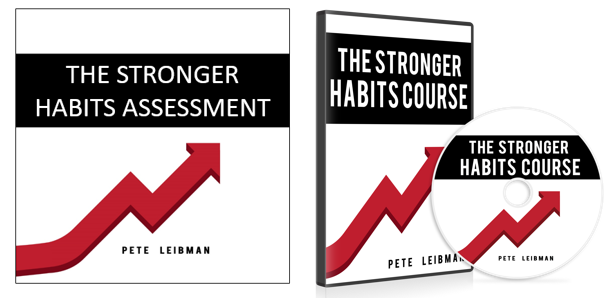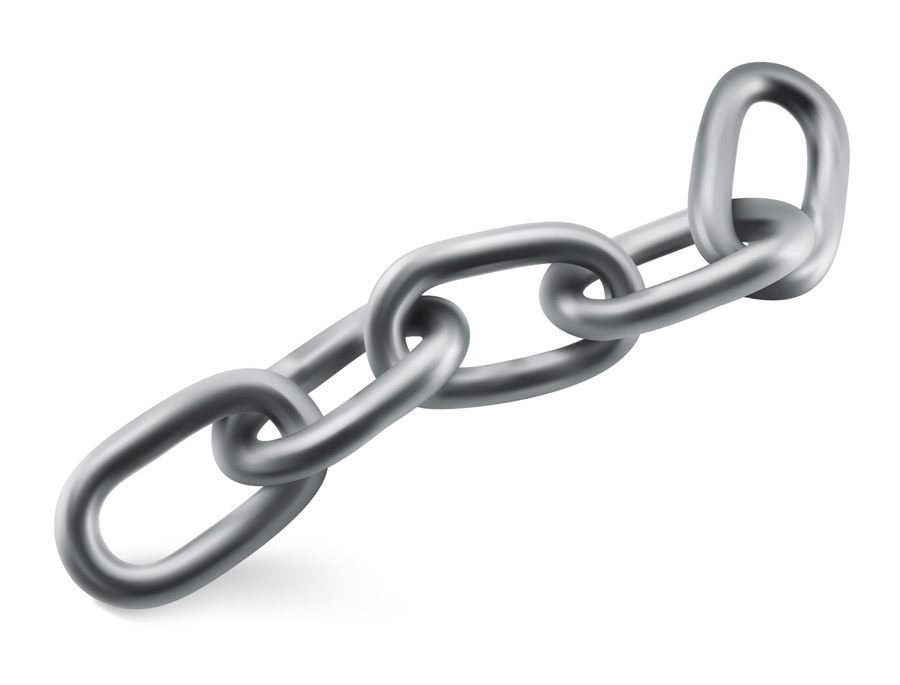In an experiment led by Dr. Peter Gollwitzer of New York University, college students were given a chance to earn extra credit by writing a paper on how they spent Christmas Eve. However, they were told that they would only get the credit if they turned in the paper by December 26th.
Half of the students in the study were required to decide in advance when and where they would write the report. The other half were not asked to be as methodical. This led to very different results for the two groups. The reports were turned in on time by 75% of students who decided in advance when and where they would complete their assignment, while the reports were only turned in on time by 33% of those who did not.
This experiment provides a powerful lesson for forming new habits…
Forming New Habits
My first job after college was in an office space with very little natural light. My cubicle was also surrounded by high walls, and I rarely went outside during work hours. As a result, there were some workdays in the winter when I experienced little or no sunlight. Sounds kind of depressing, right?
One day, I decided that I wanted to form the habit of leaving the office each afternoon for a short walk outside. I wanted to be able to clear my head and get some fresh air and Vitamin D.
Rather than trying to go for a walk at an unspecified time each day, I decided that I would go for a walk each day after lunch. I didn’t think much of this decision at the time, but it turns out that it was very important. More to come on that in a moment.
One of my former colleagues once decided that he wanted to take a break from work each day to get outside as well. However, he just tried to find random times each day for his walk.
What happened with each of our behavior change efforts? My former colleague’s new habit lasted less than one week before he forgot about it, while my new habit has lasted for years.
The difference in our results has nothing to do with how much discipline or self-control each of us has. My former colleague is actually one of the most disciplined people that I know. The only reason why he was less successful than me in forming the same habit is because of our respective approaches.
The best way to form a new habit is to “hook” the behavior onto an existing routine or activity. (Note: Credit for the term “hook” goes to author Brendon Burchard. He writes about the strategy of hooking a habit in his excellent book The Charge.)
If you want to form a new habit, consider the routines and activities that you are already doing throughout each day or week. Then, decide which one of these routines or activities will serve as a cue to do your new habit. Here are six examples of existing routines and activities that you could hook a new habit onto:
- Your morning routine
- Your commute to work
- Your lunch hour
- Your commute home after work
- Your bedtime routine
- Your meals
You could also hook a new habit onto any other activity that you do each day or week, such as showering, brushing your teeth, checking your email, shopping for food, doing laundry, cooking, and so on.
Here are three of the endless examples of how you could put this strategy into practice to make a new habit last:
- If you want to form the habit of stretching, you could hook this new habit onto your morning routine.
- If you want to form the habit of drinking more water, you could hook this new habit onto one or more of your meals.
- If you want to form the habit of meditating each day, you could hook this new habit onto your bedtime routine.
To further increase your chances of making your new habit stick, you could also use a post-it note as a visual reminder. For example, you could place a post-it note on your nightstand as a reminder to meditate before bed.
Summary
If you want to make a new habit last, don’t rely on willpower or try to find random times to do your new behavior. Hook your desired behavior onto another routine or activity that you are already doing. You will turn the behavior into a habit much faster and much more naturally.
Free Habits Assessment and Video Series
You can click here to take a free assessment that measures your habits in four areas that have a major impact on how you feel and perform each day. The assessment takes less than 3 minutes, and you get your results immediately. You’ll also get 3 free videos (sent to you over the next week) on how to break bad habits and make good ones last.

About the author: Pete Leibman is a consultant, speaker, and bestselling author who has been featured on Fox News, CBS Radio, and CNNMoney.com. His latest book, “Work Stronger; Habits for More Energy, Less Stress, and Higher Performance at Work” is an Amazon bestseller. You can visit WorkStrongerConsulting.com to meet Pete and learn more about his corporate programs.


